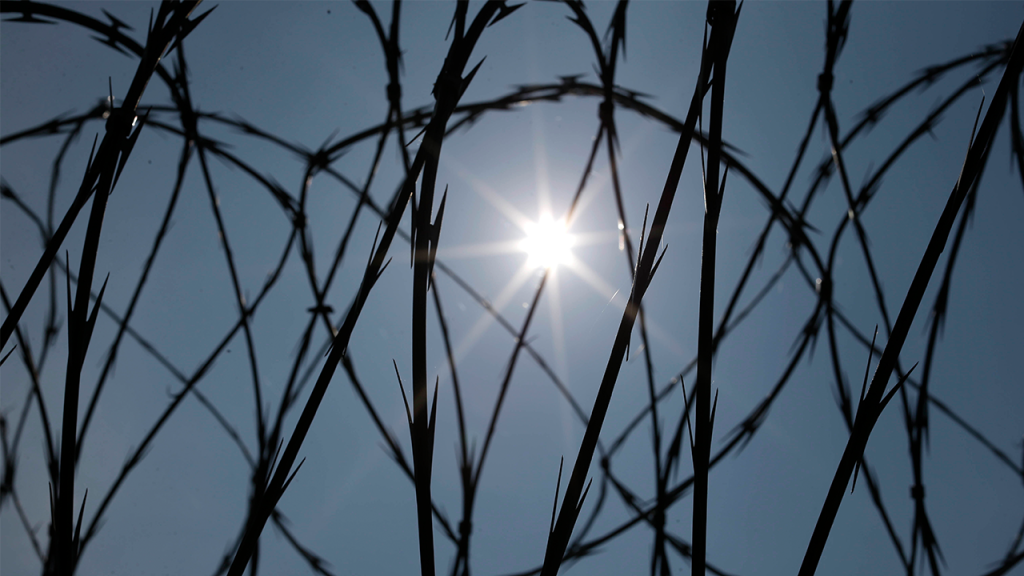The U.S. Department of Justice (DOJ) has filed a lawsuit against the state of Louisiana, alleging a systemic and long-standing practice of overdetaining inmates beyond their scheduled release dates. This practice, the DOJ argues, violates the inmates’ constitutional rights and burdens taxpayers with unnecessary costs. The lawsuit follows a multi-year investigation that revealed a pattern of “systemic overdetention,” impacting a significant portion of the incarcerated population. The DOJ’s investigation found that since at least 2012, over 25% of inmates scheduled for release from Louisiana prisons were held beyond their court-mandated release dates. This overdetention, which often extends for weeks or even months, constitutes a deprivation of liberty and undermines public trust in the fair application of the law. The DOJ emphasizes the fundamental right to be released from incarceration upon completion of one’s sentence, a right that Louisiana’s practices systematically violate.
Prior to filing the lawsuit, the DOJ issued a warning to Louisiana officials in 2022, urging them to address the overdetention problem. The DOJ contends that the state’s response was inadequate, consisting of only “marginal efforts” that demonstrated a “deliberate indifference” to the constitutional rights of the affected inmates. The department asserts that the state’s failure to implement effective solutions necessitated the legal action to protect the fundamental rights of incarcerated individuals and uphold the principles of justice. The lawsuit seeks to compel Louisiana to rectify its procedures and ensure timely release of inmates upon completion of their sentences.
Assistant Attorney General Kristen Clarke underscored the importance of adhering to the principles of individual liberty and due process. Clarke emphasized that the right to liberty inherently includes the right to timely release from incarceration once a sentence has been served. Prolonged and unwarranted detention not only infringes upon individual freedom but also erodes public trust in the justice system. The DOJ’s lawsuit underscores the department’s commitment to safeguarding constitutional rights and ensuring the fair and just application of the law. The legal action aims to hold Louisiana accountable for its overdetention practices and compel the state to implement reforms that protect the rights of incarcerated individuals.
Louisiana Governor Jeff Landry and Attorney General Liz Murrill, both Republicans, responded to the lawsuit by attributing the overdetention issue to “failed criminal justice reforms” enacted by the previous administration. They maintained that their administration has prioritized public safety and ensuring that individuals convicted of crimes serve their full sentences. Landry and Murrill also framed the DOJ’s lawsuit as a politically motivated action by the outgoing Biden administration, suggesting that the incoming Trump administration would not have pursued the case. They affirmed their commitment to upholding the constitutional rights of Louisiana citizens and implied that the lawsuit was an unnecessary intervention in state affairs.
This lawsuit emerges within the broader context of ongoing challenges to Louisiana’s prison system. Advocates have long criticized the conditions within the state’s correctional facilities, particularly Angola, the nation’s largest maximum-security prison. Angola, formerly a slave plantation, has a history of harsh conditions and exploitative labor practices. The DOJ’s legal action against Louisiana adds another layer to the ongoing debate surrounding the state’s prison system and its treatment of incarcerated individuals. The suit highlights the tension between the need for public safety and the imperative to protect the constitutional rights of all citizens, including those serving time in prison.
The DOJ’s lawsuit will likely have significant implications for Louisiana’s prison system. If successful, the lawsuit could compel the state to overhaul its release procedures, potentially impacting thousands of inmates. The case also underscores the ongoing scrutiny of prison conditions and practices nationwide. The outcome of this legal battle will likely influence future efforts to address systemic issues within correctional systems and protect the rights of incarcerated individuals. The case highlights the critical role of the federal government in ensuring that state prison systems operate within the bounds of the Constitution and respect the fundamental rights of all citizens.


